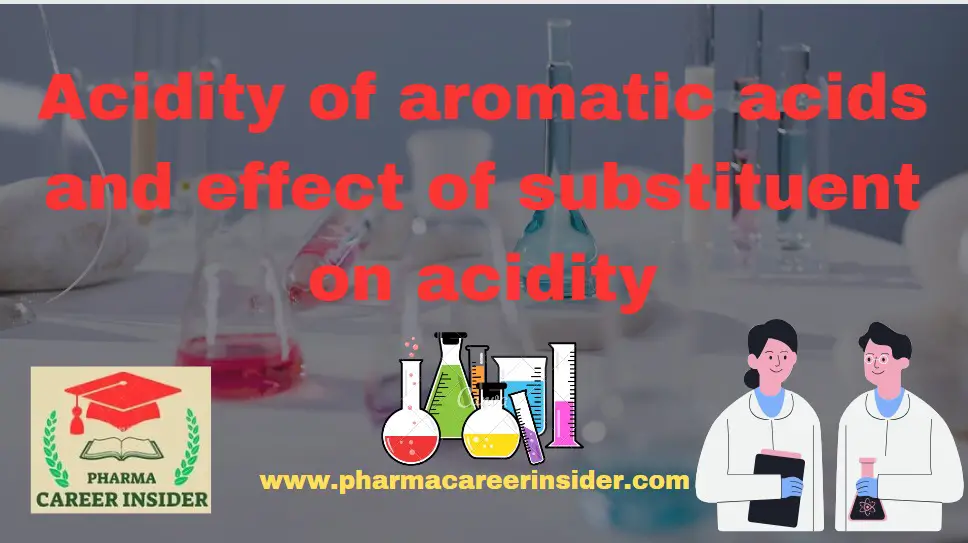Important question of Organic Chemistry-II, Unit 2 (BP301T)
2 MARKS QUESTION 1) What are phenols? Give any three methods of preparation of phenol. Write a note on acidity of phenol. 2) What are phenols? Explain the reactions of phenol. Discuss the effect of substituent’s on acidity of phenol. 3) What are phenols? Give physical properties of it. 4) Give structure and uses of … Read more










